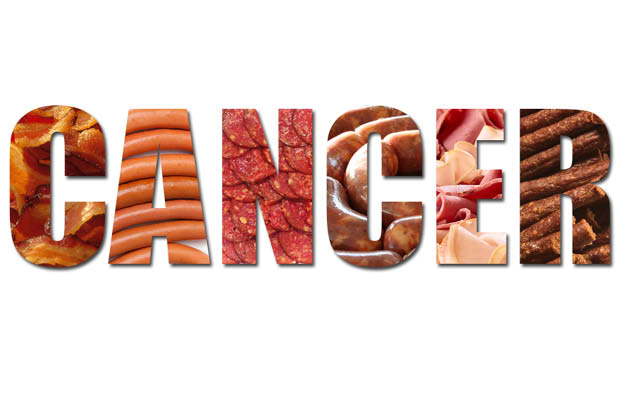A New World Health Organisation study linking processed and red meats to cancer highlights the benefits of eating more fruit, vegetables and whole grains, Cancer Council Australia said today.
The review, by the WHO’s International Agency for Research on Cancer, has found that consuming processed meats (such as bacon, salami and ham) is a cause of bowel cancer and that red meat in general is probably carcinogenic to humans.
It follows ground-breaking research released by Cancer Council Australia earlier this month that estimated more than 2600 bowel cancers diagnosed in Australia in 2010 were attributable to processed and red meat consumption.
Chair of Cancer Council Australia’s Nutrition and Physical Activity Committee, Kathy Chapman, said red and processed meats were associated with around one in six bowel cancers diagnosed in Australia.
“It might be the high fat content, the charring in the cooking process or big meat eaters missing out on the protective benefits of plant-based foods – or a combination of these factors,” Ms Chapman said. “Whatever the mechanism, eating more fruit, vegetables and whole grains can help you to moderate your intake of processed and red meats and can also help to protect against cancer.”
Ms Chapman said Cancer Council supported the National Health and Medical Research Council’s recommendation that people ate no more than 65 to 100 grams of cooked red meat, three-to-four times a week. She said lean red meat was a source of iron, zinc, vitamin B12 and protein, but heavily processed meat was nutrient poor by comparison.
UNSW Professor Bernard Stewart, a scientific adviser to Cancer Council Australia, chaired the IARC working group that undertook the review of the evidence.
“We looked at more than 1000 studies in order to provide clear, evidence-based information to health organisations and consumers,” Professor Stewart said. “The assessment should help make Australians more aware of the cancer risks associated with long-term excess red meat and processed meat consumption.”
Professor Stewart said the evidence did not support complete abstinence from red meat.
“We aren’t recommending a ban on bacon or taking the beef off the barbecue altogether,” he said. “But this latest advice should help make Australians more aware of the cancer risks associated with long-term excess red meat and processed meat consumption.”
Ms Chapman said people could also reduce their risk of bowel cancer by being more physically active, maintaining a healthy body weight and not smoking.
She said anyone aged 50 and over was urged to participate in the National Bowel Cancer Screening Program, which could detect bowel cancers or pre-cancerous polyps early, when they are much easier to treat.
Practical advice on how to reduce your risk of bowel cancer associated with red meat, including recipes and tips of serving sizes, is available on the Cancer Council NSW website




